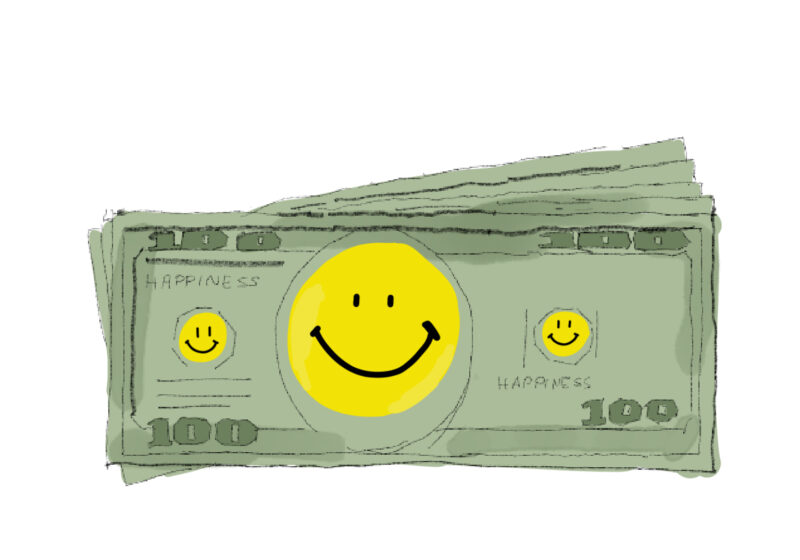Anger can be a powerful force. It drives people to action, giving rise to movements and solidifying ideologies. But anger can also hinder. It can cloud judgements and create unnecessary frustration. In activism, we’re told to “get angry,” to be full of rage, but a lot of the times this only produces reactionary action.
Believe me, I’m not saying people shouldn’t be angry. I’m angry about a lot of things. We live in a messed-up system that terribly crushes human lives and seems to have little respect for anything other than money. It’s impossible to not be angry, and as James Baldwin said, “Precisely at the point when you begin to develop a conscience you must find yourself at war with your society.”
When this anger and rage is fueled into productive and concrete analysis about the structures and systems that have led to its necessity, that’s when real change can take place. But if we are just angry, and nothing more, we play into the hands of the oppressor. Anger can be co-opted and molded, easy to subdue. But strong ideas, and concrete thought are unbreakable. Knowledge of how power and societal structures work, and analysis of the systems of oppression, are powerful tools that no one can mold, or break, or lessen the force of. Ideas stand tall, as tall as the ivory towers in which the oppressors sit.
Often, current activism culture also tells us to direct our anger, in my opinion, at the wrong people. We tell others “to check themselves,” to “be aware of their privilege,” and to “not be problematic.” That is important, but focusing on individuals does nothing to change the system that is set up to oppress, and that is inherently bad. It takes attention away from bigger structures and places responsibility on the individual. A lot of the time, it uses anger without any substance, and without any analysis or thought.
This culture also doesn’t connect to the lives of many poor people. By individuals checking themselves and being less problematic, the poor aren’t going to get livable wages and affordable housing. While no kind of bigotry should be tolerated, we need to ask ourselves: “Who really has the power to change things?” and “Who sets up the systems that inherently oppress so many?” I’m not saying this way should be completely done away with, but there needs to be more, and activism cannot stop at individuals. There’s only so much that can come from self-introspection and change, and looking in rather than out.
I also used to subscribe to the “it’s not my job to educate you” mentality, and I felt it was justified because I was angry and frustrated. Now I try to channel that anger into something more productive. I argue that, yes, it is my job to have a conversation with you, because I believe in humanity, and that constructed situations drive people to faulty beliefs and bad actions. Yes, it is my job to have a conversation with you, because I want to work toward something better, and that can only happen if I look outward, and often, put myself second. Yes, it is my job, because I have a responsibility toward the darker masses of the world. Of course, there are always people who won’t open their minds no matter how much dialogue there is, but I’m not talking about them, and we won’t find out who they are unless we try.
I’ll end with a quote from Nina Simone, whose powerful songs gave energy to movements and to people: “Anger has its place. Anger has fire, and fire moves things. But I sing from intelligence, I don’t want them to think that I don’t know who they are, darling.”





